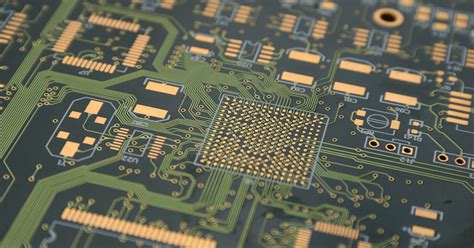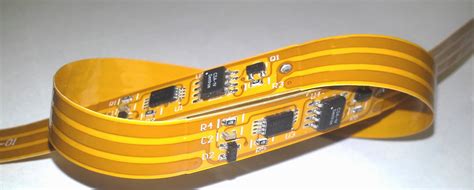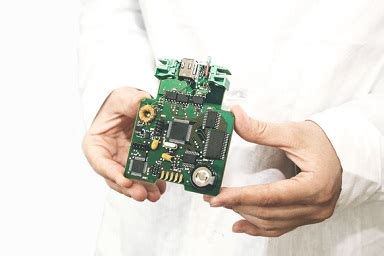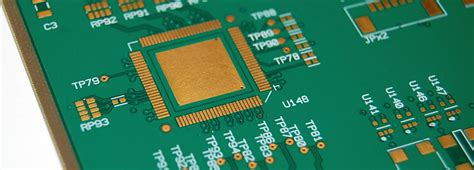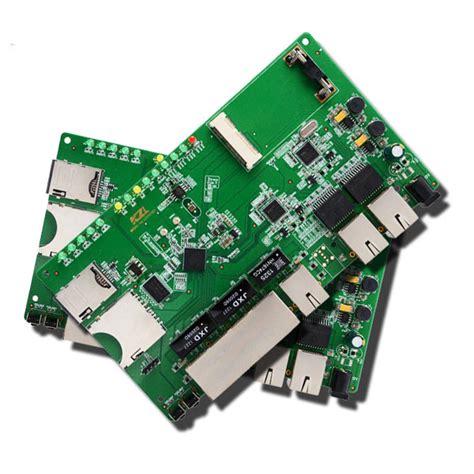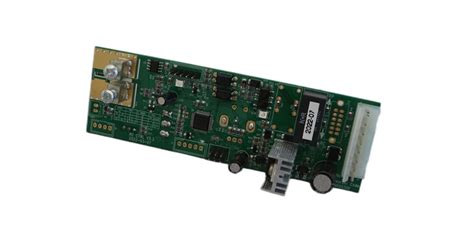Understanding PCB Fabrication Prices: What You Need to Know
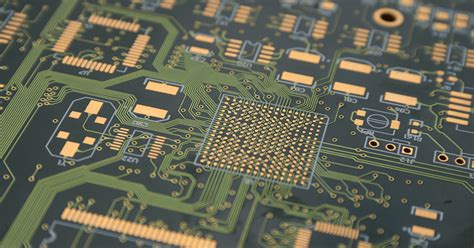
Key Takeaways
Understanding pcb manufacturing costs is essential for any project involving printed circuit boards. Several pivotal factors influence these prices, including the complexity of the design, material choices, and the quantity ordered. For instance, high-quality materials like FR-4 tend to elevate the pcb manufacturing cost, while more complex designs may require advanced techniques that increase overall expenses. It’s also important to note how different pcb manufacturing companies price their services; they may offer varying rates based on their expertise and technology.
To give a clearer picture, consider this table that outlines some common factors affecting pcb manufacturing prices:
| Factor | Impact on Cost |
|---|---|
| Material Type | Higher quality = higher cost |
| Layer Count | More layers = increased cost |
| Quantity Ordered | Higher volumes may reduce unit costs |
| Turnaround Time | Faster turnaround = premium pricing |
"Understanding what contributes to pcb manufacturing costs can lead you to better financial decisions regarding your projects."
When considering a pcb manufacturing business, it is beneficial to assess their offered services and capabilities. This encompasses examining their technology, turnaround times, and customer reviews. By keeping these considerations in mind, you can navigate pricing structures more effectively and ensure you choose a solution that aligns with your project’s needs while staying within budget. Always aim for a balance between cost and quality to optimize your investment in pcb manufacturing.
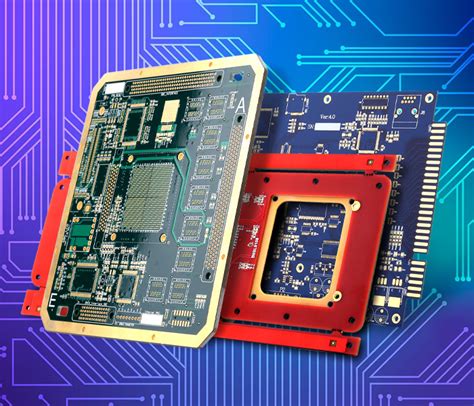
Understanding the Basics of PCB Fabrication Pricing
When you venture into the realm of PCB manufacturing, it’s crucial to grasp how pricing structures work. PCB manufacturing costs can vary significantly based on various elements. First and foremost, the complexity of your design plays a pivotal role; intricate layouts or multi-layer boards typically command higher prices. Additionally, the choice of materials used in your project, such as FR-4 or high-frequency laminates, can impact costs considerably. Exploring different PCB manufacturing companies will also reveal various pricing models that might affect your final decision. Beyond that, the volume of production stands as a critical aspect; larger orders generally lead to reduced per-unit costs due to economies of scale in the PCB manufacturing business. Therefore, understanding these interrelated factors can enable you to make informed decisions, ensuring that you stay within budget while meeting your project’s specific needs and quality standards.
Key Factors Influencing PCB Costs
When delving into pcb manufacturing, it’s essential to recognize the various elements that contribute to the overall pcb manufacturing cost. One significant factor is the choice of materials used in your project. High-quality materials can enhance durability and performance but may also drive up the pcb manufacturing cost. Additionally, the complexity of your design plays a crucial role; intricate layouts often require advanced techniques, which can lead to higher prices from pcb manufacturing companies. It’s also important to consider the quantity of PCBs you need. Generally, larger volumes can reduce per-unit costs due to economies of scale, making your pcb manufacturing business more efficient and cost-effective. Finally, don’t overlook the geographical factors—manufacturers located in areas with lower labor costs may offer more competitive pricing, but you should always balance this against quality and reliability. Being aware of these key factors will empower you to make informed decisions as you navigate the landscape of PCB fabrication pricing.
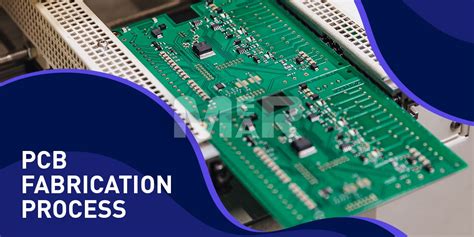
Materials and Their Impact on PCB Prices
When considering PCB manufacturing, one of the most significant factors influencing the overall pcb manufacturing cost is the materials used in production. Each type of material comes with its own range of prices and properties, impacting both functionality and durability. For instance, standard FR-4 is a common choice due to its balance between cost and performance, but if your project requires higher frequencies or greater thermal management, you may opt for specialized materials like Rogers or Teflon, which can increase costs substantially. Moreover, the choice of copper thickness affects conductivity and reliability; thicker copper layers can enhance performance but will also raise the pcb manufacturing cost.
Additionally, engaging with different pcb manufacturing companies may yield varying pricing due to their sourcing strategies for these materials. Some manufacturers may offer competitive prices for high-quality materials through established relationships with suppliers, while others might cut costs by using inferior alternatives. As you evaluate potential suppliers for your pcb manufacturing business, it’s crucial to consider not only the price but also the quality of materials offered to ensure that your final product meets required specifications without unnecessary expenditures. By understanding how materials impact pricing, you can make more informed decisions and ultimately find a balance between quality and affordability for your projects.
Comparing PCB Fabrication Services: What to Consider
When evaluating PCB fabrication services, you should meticulously consider various aspects that ultimately affect your project outcomes and budget. PCB manufacturing companies offer a range of services, each with its unique strengths and weaknesses. It’s essential to analyze their capabilities in terms of technology, materials used, and turnaround times. Take a closer look at the pcb manufacturing costs associated with different companies, as these can vary significantly based on quality and service level. In addition to pricing, consider how these companies handle customer support and technical assistance; responsive communication can make a notable difference in your experience. Evaluating the reputation of a pcb manufacturing business through customer reviews can provide insights into the reliability of their service. You should also compare the level of customization available, as some providers may offer tailored solutions that align more closely with your project needs. By taking all these elements into account, you will be better equipped to make informed decisions regarding which provider suits your specific requirements.
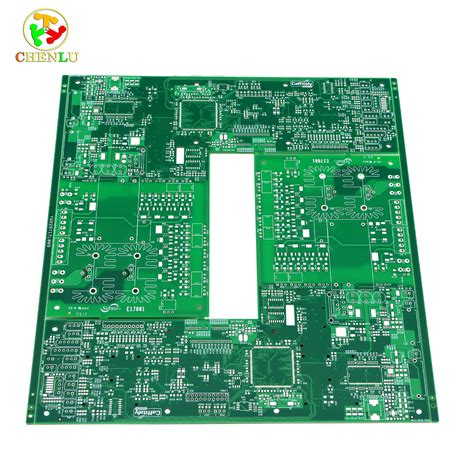
Cost Breakdown: Components of PCB Fabrication
When diving into the pcb manufacturing landscape, understanding the various components that contribute to the overall pcb manufacturing cost is crucial for your projects. First, consider the materials used in your PCB design. Different types of substrates and laminates can drastically affect the price; for instance, FR-4 is a common choice that balances performance and cost, while special materials, such as high-frequency laminates, tend to be more expensive. Next in line are the manufacturing processes employed by different pcb manufacturing companies. Techniques such as surface mount technology (SMT) or through-hole plating add varying costs based on complexity and required precision. Additionally, setup fees associated with prototype runs can fluctuate significantly depending on your chosen manufacturer’s policies; therefore, getting a clear quotation is advisable. Lastly, lead times should never be underestimated—expedited services often come at a premium but could be essential based on your project timeline. By taking all these factors into account, you can make educated decisions that align with your budget while maximizing quality in your pcb manufacturing business endeavors.
How Volume Affects PCB Pricing
When it comes to PCB manufacturing, one of the most critical aspects influencing the PCB manufacturing cost is the volume of production. In general, the more units you order, the lower the cost per unit tends to be. This reduction occurs for several reasons: larger pcb manufacturing companies often benefit from economies of scale, which allows them to spread fixed costs over a greater number of boards. Additionally, bulk orders often enable these companies to negotiate better pricing on raw materials and components used in production. For small-scale projects or prototypes, you may encounter higher costs because these low volumes do not allow manufacturers to optimize their operations as efficiently. Therefore, if you’re looking to initiate a pcb manufacturing business, it’s wise to consider your volume needs upfront; planning for larger orders when feasible can significantly reduce your overall pcb manufacturing costs. Keep in mind that while volume discounting can lead to substantial savings, it’s crucial to strike a balance between order size and your specific project requirements; excess inventory may lead to wasted resources and increased storage expenses.
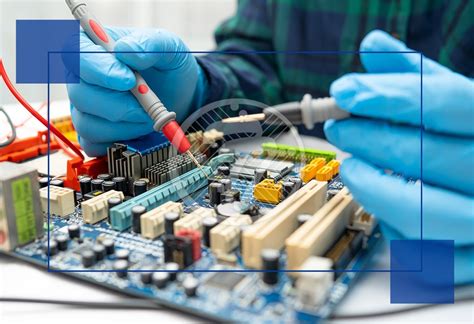
Tips for Reducing PCB Manufacturing Costs
When you embark on your pcb manufacturing journey, managing costs is crucial to ensuring your project’s success. To begin with, consider consolidating your design; minimizing the number of layers can significantly impact pcb manufacturing cost. Furthermore, selecting standard sizes and materials can also help keep expenses in check since most pcb manufacturing companies are accustomed to handling common specifications. You may also want to explore bulk ordering options, which often results in economies of scale, reducing the overall costs of your pcb manufacturing business. Collaborating closely with your manufacturer can yield benefits as well; gaining insights from their expertise might allow you to make design choices that streamline production. Additionally, being flexible with timelines helps manufacturers optimize their processes and potentially lower costs further. Regularly assessing and comparing different manufacturers will also enable you to pinpoint those that offer the most competitive pricing without compromising on quality. By implementing these strategies, you can navigate the intricacies of pricing in pcb manufacturing, rendering your projects more financially viable.
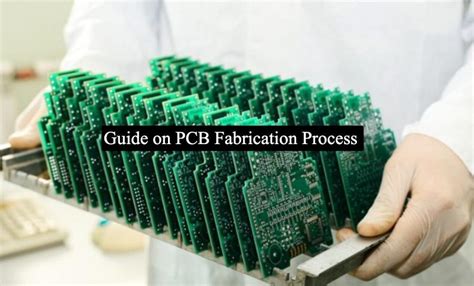
Choosing the Right Manufacturer for Your Budget
When it comes to pcb manufacturing, selecting the right manufacturer is pivotal to managing your budget effectively. With numerous pcb manufacturing companies available, it’s essential to evaluate them based on several criteria to ensure that you receive the best value for your investment. Start by researching their reputation in the industry; a reputable manufacturer will have positive feedback and a proven track record of delivering quality products. Additionally, consider their pricing structures and be wary of prices that seem too low—these may indicate subpar materials or services that could compromise your project. Furthermore, look into the pcb manufacturing cost for various services, including prototyping and full-scale production, as these can vary significantly from one company to another.
Also, assess the flexibility of their production capabilities. If your projects require rapid scaling or customized options, a manufacturer that offers agile production processes will be advantageous. Communication is another crucial element; a responsive manufacturer can address your inquiries and concerns promptly, ensuring smoother collaboration throughout your project timeline. Ultimately, by diligently comparing these aspects among different manufacturers in the pcb manufacturing business, you position yourself to make an informed decision that aligns with both your budget and project specifications.
Conclusion
In summary, understanding the pcb manufacturing cost is essential for making informed decisions in your projects. Various factors contribute to the overall pcb manufacturing expenses, from the choice of materials to the complexity of your design. To ensure that you receive optimal value, consider comparing different pcb manufacturing companies, as they may offer varying rates based on their capabilities and expertise. Additionally, look for ways to streamline your design, as this can significantly impact your expenses. By closely examining the components involved in pcb fabrication, you can identify opportunities for cost savings without compromising on quality. Keep in mind that choosing a reliable pcb manufacturing business is just as crucial; their reputation can affect not only pricing but also the quality and timeliness of your final product. This holistic approach will help you navigate the complexities of PCB fabrication pricing effectively and empower you to make decisions that align with your budgetary constraints and project requirements.
FAQs
What is the average cost of PCB manufacturing?
The average PCB manufacturing cost can vary significantly based on multiple factors such as complexity, size, and quantity. Typically, prices range from a few dollars to several hundred dollars per board.
How do I choose the right PCB manufacturing companies?
When selecting PCB manufacturing companies, consider factors like their reputation, customer reviews, capabilities, and turnaround times. A checklist of your requirements can help you make an informed decision.
What factors influence PCB fabrication prices?
Several key elements can affect PCB manufacturing costs, including the type of materials used, layer counts, and finishing options. More advanced technologies and specifications will generally lead to higher prices.
Can I reduce my PCB manufacturing costs?
Yes! You can lower your PCB manufacturing costs by optimizing your design for manufacturability, ordering in larger quantities to benefit from bulk pricing, and comparing quotes from multiple manufacturers.
What should I know about starting a PCB manufacturing business?
If you’re looking to enter the PCB manufacturing business, ensure you have a firm understanding of production processes, market demands, and access to quality materials. Thorough research will enable you to establish a competitive edge.
For more detailed insights on how you can effectively manage your PCB fabrication prices, please click here: Andwin PCB Manufacturing.

